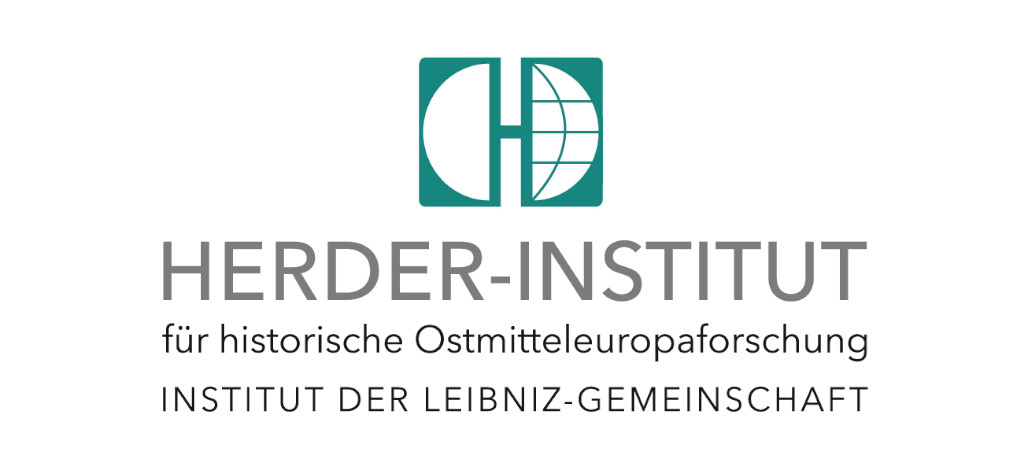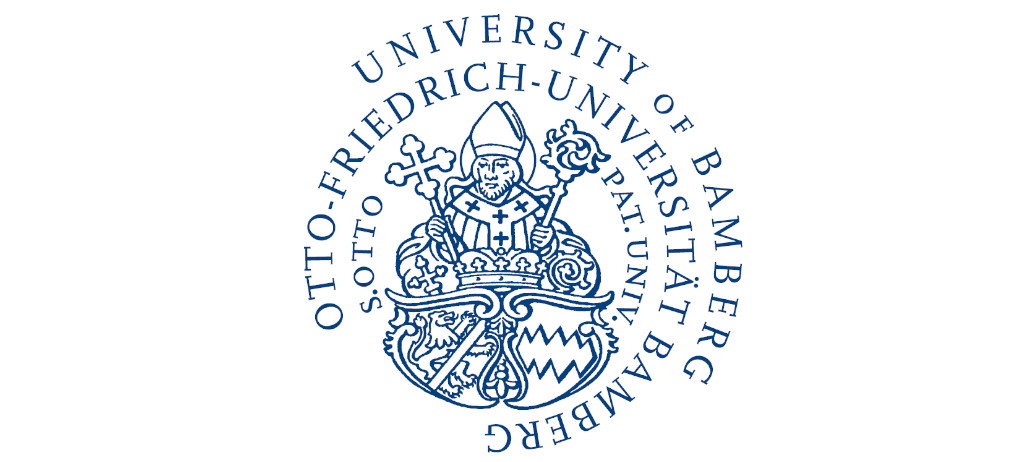22.02.2023 Dissertation Award for Richard Herzog

The Journal of World History has awarded Richard Herzog, PostDoc staff member of the SFB 138 for the best first publication in global history
Richard Herzog, PostDoc researcher at the subproject "Versicherheitlichung und dynastische Ehepolitik" of the CRC 138 at Philipps-Universität-Marburg, will receive the prestigious prize of the Zeitschrift für Weltgeschichte (ZWG) for the best first publication in global history in 2022 for his dissertation. The dissertation was written at Justus Liebig University Giessen and will be published by WBG-Verlag in 2023 in the Historamericana series. The award ceremony is scheduled for summer 2023 at the University of Vienna.
The work focuses on indigenous historiography in contemporary Mexico-the most extensive of its kind in the Americas. Indigenous scholars reflected on the massive upheavals triggered by Spanish colonial rule: including the replacement of traditional power relations, imposed Christianization, and also the dramatic decimation of indigenous peoples. At the same time, they were concerned with preserving the immensely rich culture and cosmology of their ancestors from extinction.
The paper, "Nahua Voices from Colonial Central Mexico: for the Survival of Their Political-Social Beliefs (Early 17th Century)," presents these developments exemplified by the writings of the important historians Fernando de Alva Ixtlilxochitl (c. 1578-1650) and Domingo de Chimalpahin (1579-ca. 1660)-the first German-language book from the historical sciences on the historiography of the colonial Nahua (popularly known as "Aztecs"). This reveals the extensive political systematics of indigenous authors as well as their critiques of the colonial system. Furthermore, Nahua perspectives on their own societies can decisively expand Western notions of statehood, historiography, and ultimately possible ways of life.
While European perspectives on other world regions have been widely studied, this view is reversed here, with a focus on the decidedly global perspective of individual indigenous actors. For them, Europe formed a central point of reference; at the same time, they were well informed about events in other parts of the world. These Nahua authors placed their home region of Mesoamerica and its history on a level with Europe by inscribing it in world history. Thus, their writings open up concise counter-designs to Eurocentric world views.
In his scientific work within the CRC 138, Richard Herzog expands the research perspectives of his now award-winning dissertation and takes a closer look at the roles of ancestry and worldviews for indigenous elites in Ibero-America against the background of social and ecological upheavals.



